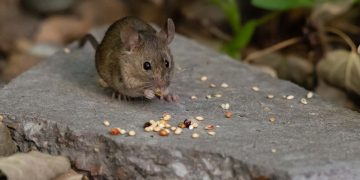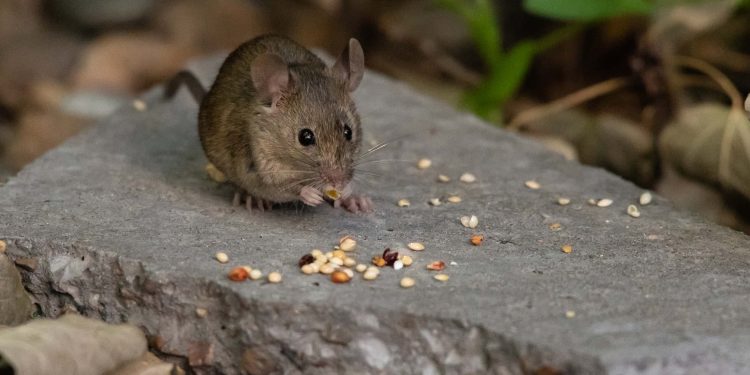RodentControlNow #PublicHealth #DiseasePrevention #EnvironmentalFriendly #EcosystemProtection
Rodents such as voles and mice can cause significant damage to crops, homes, and public spaces if left unchecked. As a result, effective rodent control measures are critical for maintaining public health and safety. In this article, we’ll discuss the importance of managing rodent populations, the development of rodent control methods, and the consequences of not implementing effective rodent control measures.
Rodents are known carriers of numerous diseases, such as Hantavirus and Salmonella, and can cause structural damage to homes and businesses by gnawing on electrical wires and wooden beams. They are also known to consume and contaminate food and water sources, making them a serious public health concern.
To combat these issues, numerous rodent control methods have been developed, such as bait stations, traps, and poisons. These methods have proven to be effective in reducing rodent populations and preventing the spread of diseases. Additionally, modern technology has allowed for the development of more humane and environmentally friendly rodent control measures.
However, failure to properly manage rodent populations can have severe consequences. In addition to the damage caused to property and public health, rodents can also negatively impact local ecosystems by disrupting food chains and introducing invasive species. Furthermore, the costs associated with repairing the damage caused by rodents can be significant.
In conclusion, the importance of managing rodent populations cannot be overstated. Effective rodent control measures can prevent the spread of diseases, protect public health and safety, and preserve the natural environment. By utilizing modern technologies and implementing humane and environmentally friendly methods, we can ensure that our communities remain safe and healthy.































